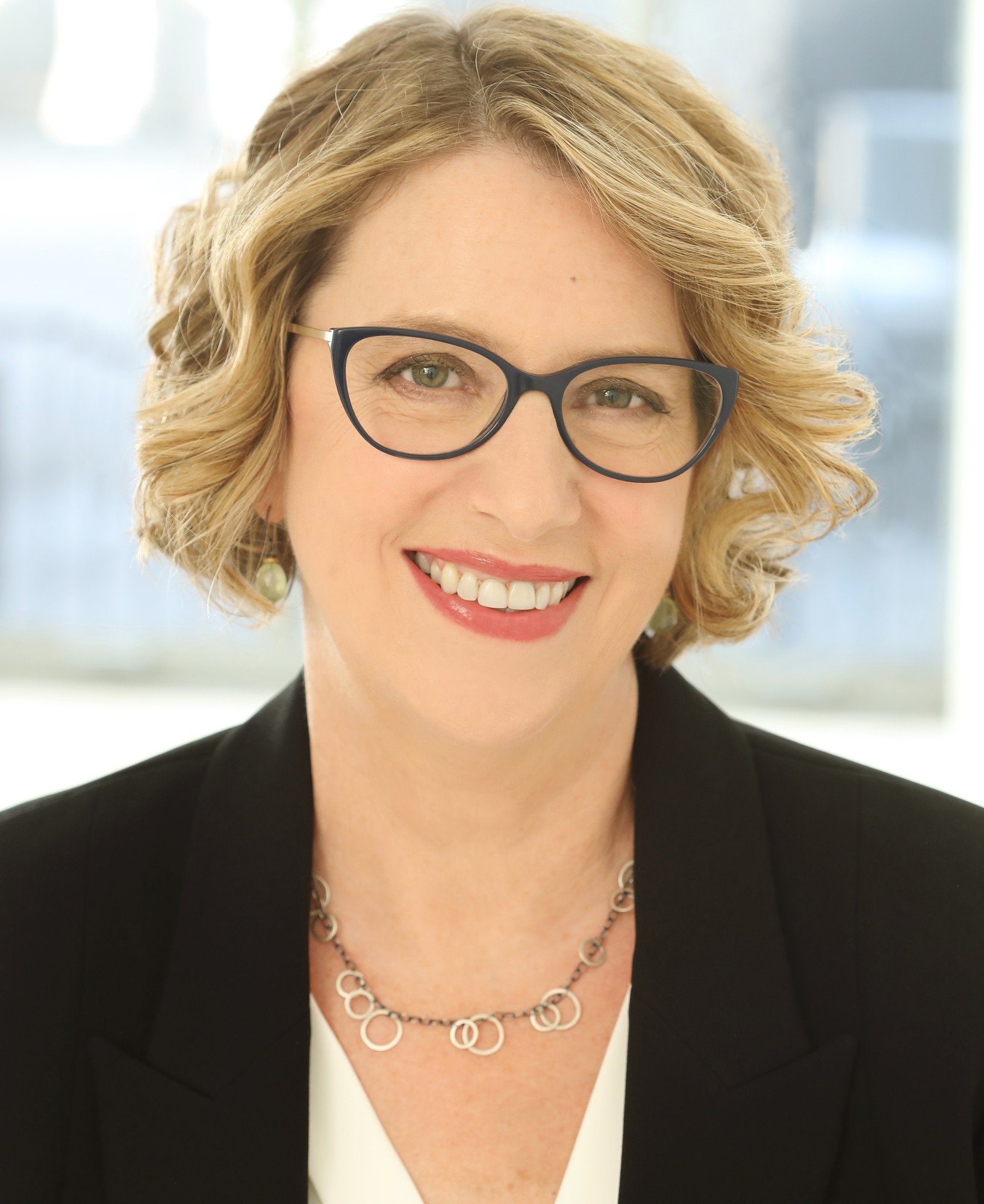
This past year witnessed an extraordinary eagerness to foster community amidst ongoing crises: crises of race and gender, economic inequity, healthcare, war, democracy, and the environment. Given the heightened sense of world-changing challenges, it was not possible to imagine a simple return to a pre-pandemic way of life; instead, we saw a strengthening of engagement across communities and a gaining of momentum to address major issues together. In the fall of 2021, we offered our first in-person events since the spring of 2019, and the excitement at being able to gather again in a physical space was palpable. Throughout the pandemic, we have learned to maintain and nourish community in virtual spaces, but being physically together again after so long brought with it a renewed sense of hope and aspiration.
Programming at the Cogut Institute for 2021–22 was developed in collaboration with the leaders of our initiatives to showcase cutting-edge research that explores the histories informing our present and that directly addresses key concerns today. The Environmental Humanities at Brown initiative, for instance, presented a roundtable of scholars and authors seeking new, more inclusive paradigms of writing about the natural world. The Black Visualities initiative, led by Tina Campt in collaboration with global partners, offered a program reflecting on Black aesthetics in the 21st century. The Humanities in the World initiative, under the leadership of Leela Gandhi, hosted scholars interrogating postcolonial literature, freedom of speech, and physical protest. Events in the “Democracy: A Humanities Perspective” series highlighted AIDS historian Sarah Schulman, who drew fascinating parallels between activist movements past and present, and media scholar Wendy Chun, who offered critical perspectives on big data and its power to amplify division and outrage.
The research that emerged from the work of our annual fellows was similarly rich in its transdisciplinary reach and its range of commitments. Fellows in the Cogut seminar explored topics such as transgenerational experiences of the Vietnam War, environmental philosophy and ethics, disability studies and chronic fatigue syndrome, and regional remembering and misremembering of slavery in the American South. In a series of captivating video interviews, undergraduate fellows discussed how the seminar not only facilitated their research but also helped them to feel a part of a community of scholars deeply engaged with inspiring topics and methods.
Even as this past year saw our transitioning out of a purely virtual environment, we remained mindful that the pandemic highlighted ways in which online platforms and technologies offer important opportunities and resources as we move forward. Virtual programs, classrooms equipped with cameras and microphones for teleconferencing, videos, podcasts, and other digital materials accommodate a variety of accessibility needs and expand our sense of community. In the coming years, we will continue to offer virtual and hybrid opportunities alongside in-person events and courses to engage our communities as widely and equitably as possible.
This fall, we will launch a series of virtual events spotlighting disability studies, exploring some of the latest research on this urgent subject. We are also partnering with Brown University Library to offer doctoral candidates a new Doctoral Certificate in Digital Humanities, and we are sponsoring undergraduates working on an exciting new venture, the Brown Journal of Medical Humanities. As we look forward to a year of exciting opportunities, I invite you to explore our annual report, which offers a snapshot of a vibrant community of scholars and of the remarkable research in the humanities being conducted at Brown.
As always, thank you for supporting the humanities and the Cogut Institute.